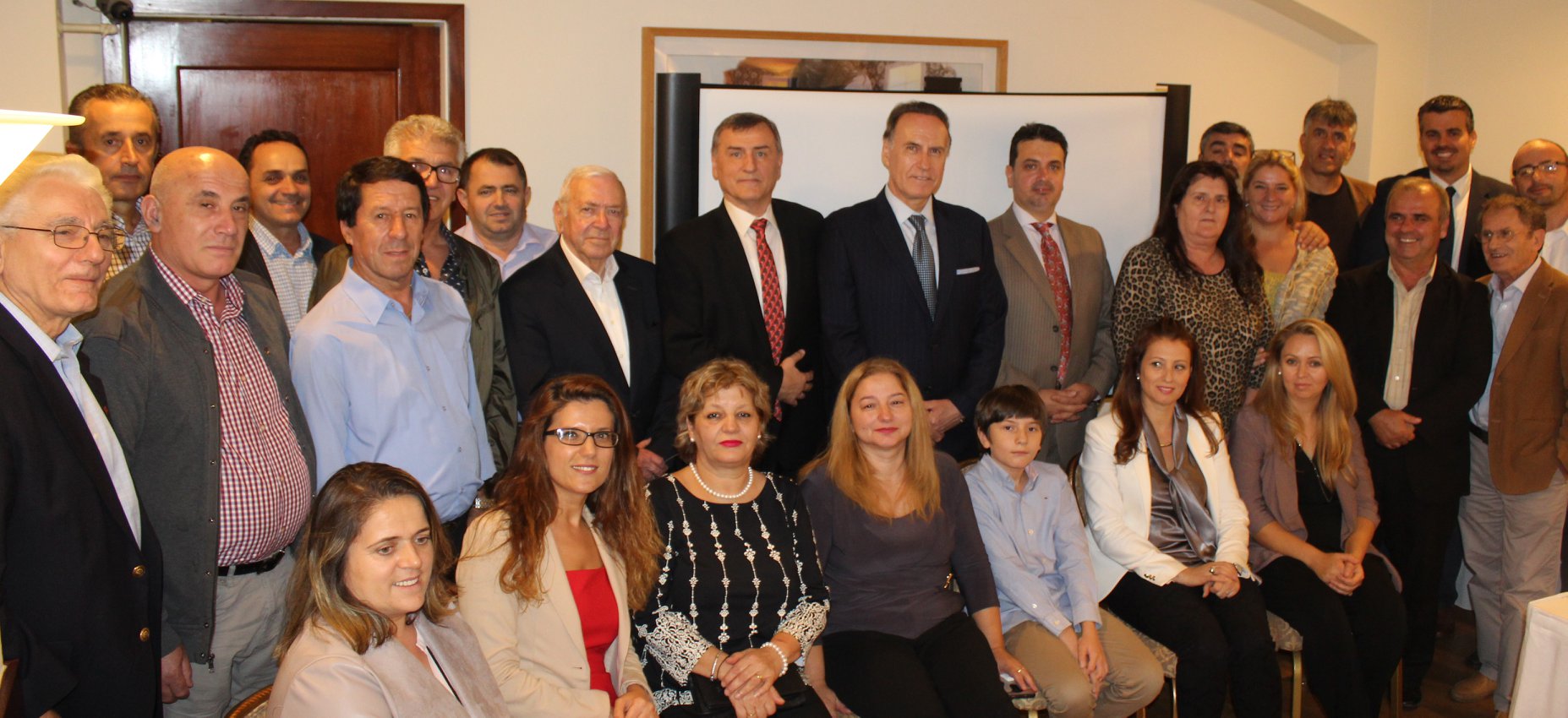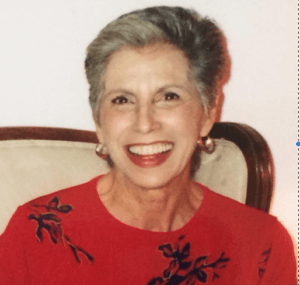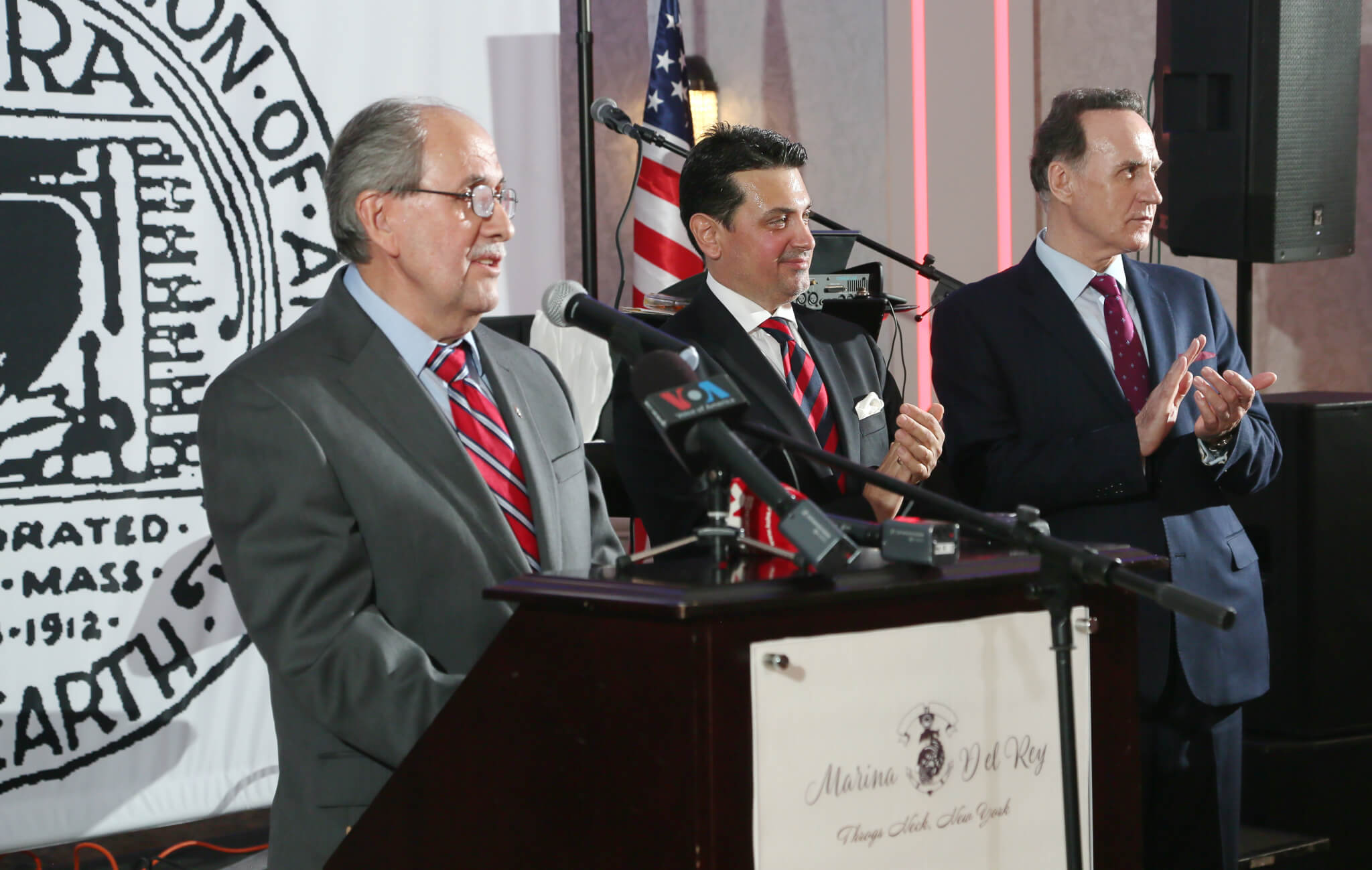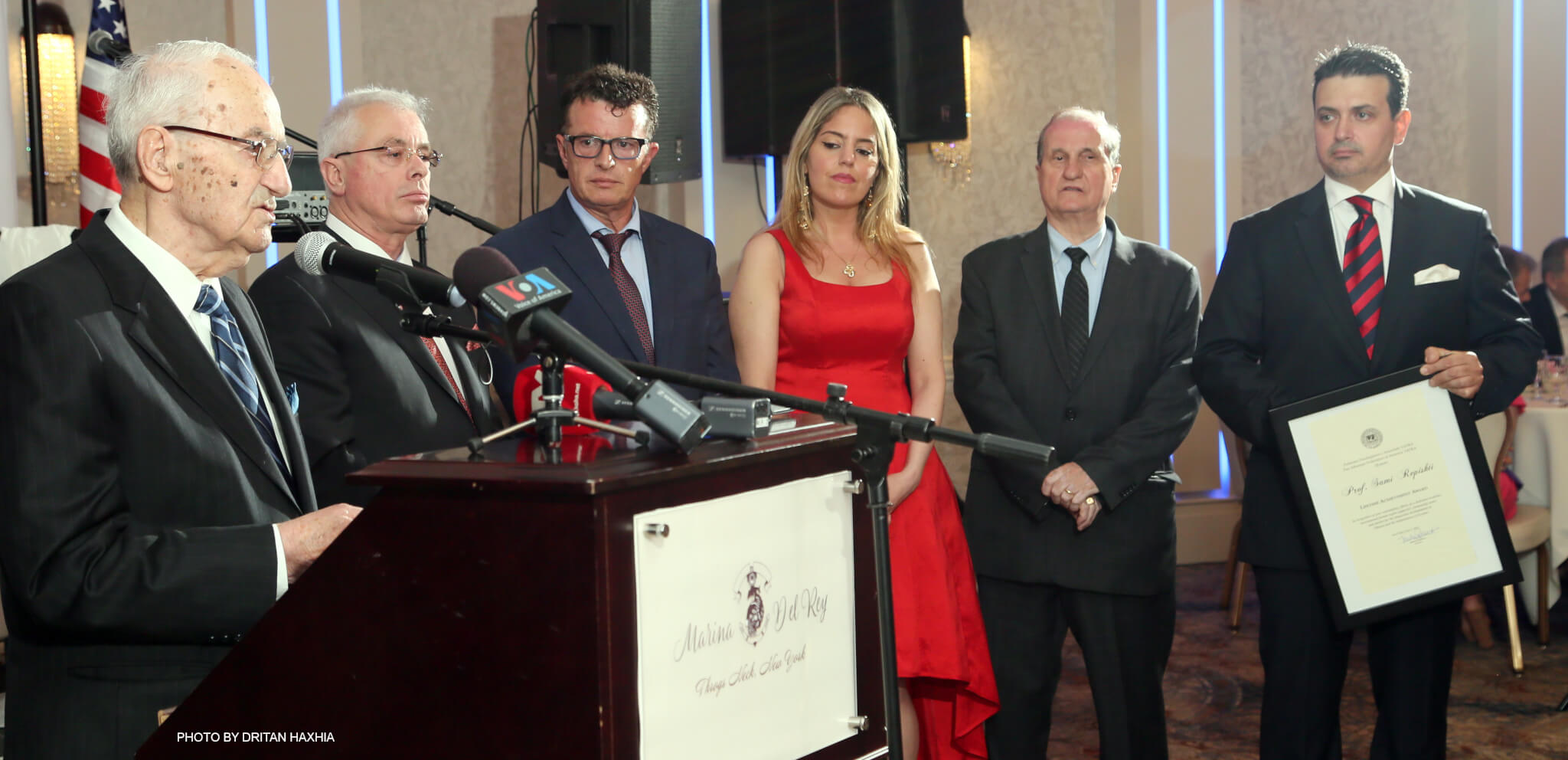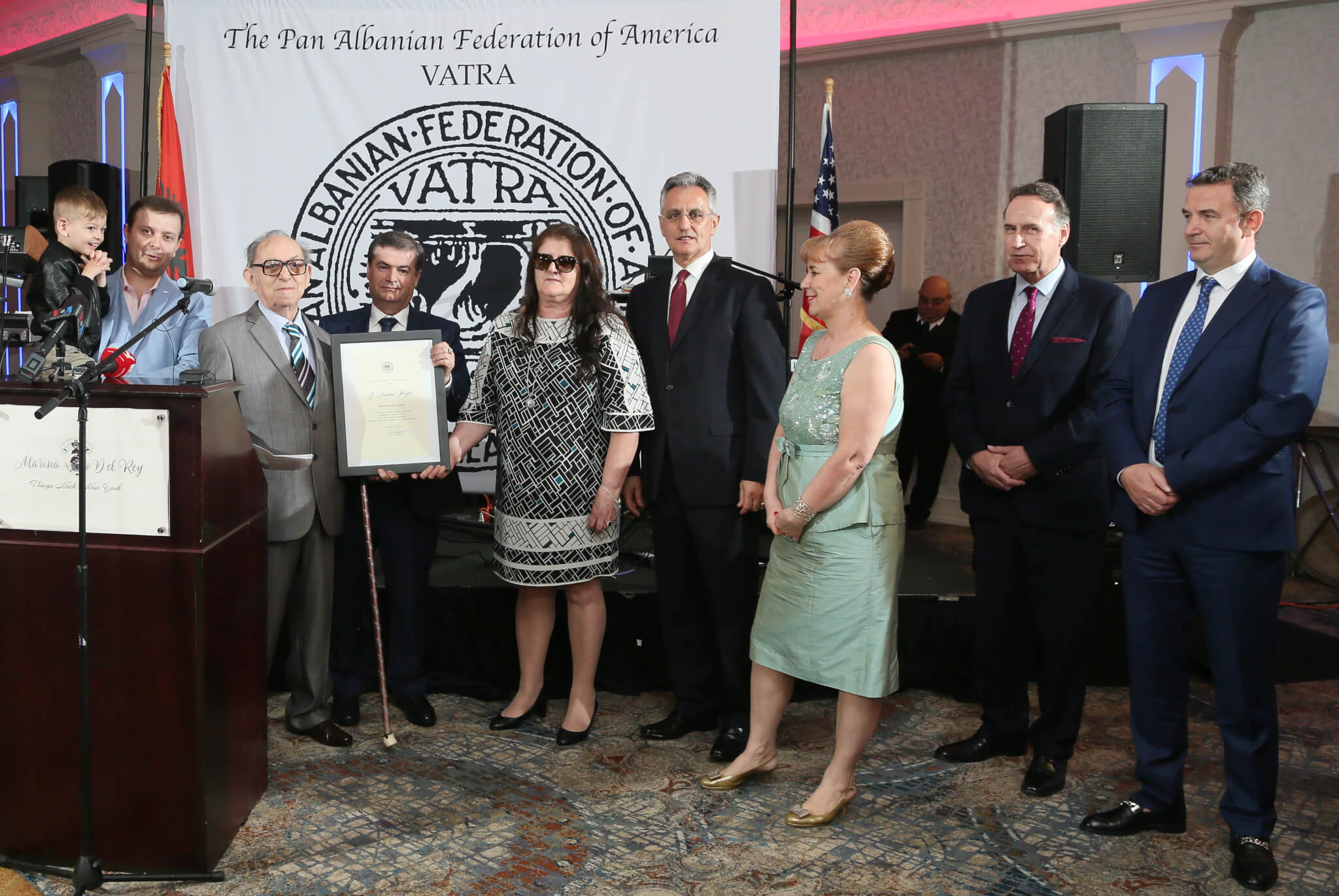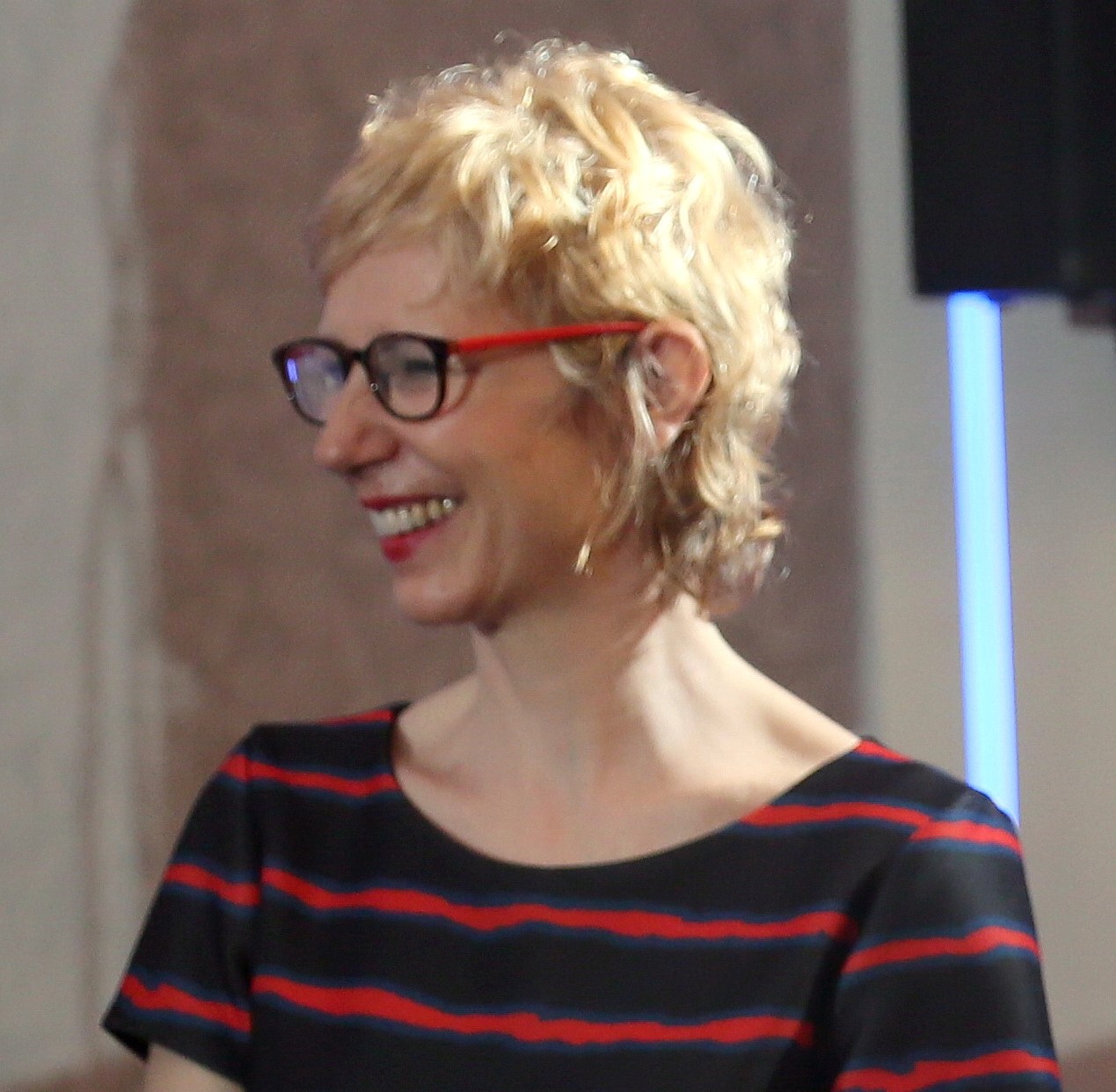
By Rafaela Prifti/
After the second drafting of the Constitution, as Benjamin Franklin was leaving Independence Hall, he was approached by a woman on the street who asked: “Mr. Franklin, what manner of government have you bequeathed us?” Franklin replied “A Republic, if you can keep it!”
The moral of the story is that the responsibilities of the country are in the hands of the citizens. The Albanian-American community has a good understanding of the civic duties because they live in the reality of ‘A Republic’ founded on the principles laid out by the forefathers. In line with the civic responsibilities towards this country and towards the homeland, a group of representatives from our diaspora in Michigan presented a proposal to the highest official authorities in Albania and Kosova to formally declare our National Hero, Gjergj Kastrioti Skenderbeu “The Father of Our Nation”. The Organizing Commission which included members of social and religious organizations as well as renowned historians and professionals circulated a petition around the country which was widely supported. Large numbers of Vatra members and activists were enthusiastic signatories of the petition. There was a perceived sense of answering a higher call and being an actively responsible citizen. Among numerous distinguished names and contributors of the Pan-Albanian Federation Vatra, the contact person and liaison for the Organizing Commission, Valentin Lumaj, reached out to contact my father, Naum Prifti, to sign the petition. As he was signing his name, my father said: Skenderbeu already is “THE FATHER OF THE NATION”. It is a respectable sentiment that we share in terms of our collective pride in our past heritage. Presently our civic duty and sense of historical obligation have called upon us. The Albanian-American community answered soundly and clearly in support of the Members of the Commission stating in its Press Release that the granting of the title to our National Hero will elevate the moral, intellectual and spiritual awareness all over the Albanian lands, in order to strengthen the national integrity, cohesion and unity, which stand as pillars of our identity as Albanians of Illyrian descent and a milestone for the emancipation towards our integration in the European family of nations and even beyond.
At the festivities of Independence Day hosted by Vatra and the community in November 2017, the address of Chairman Dritan Mishto called for naming it ‘Responsibility Day”. From November 2017 to November 2018, among various projects and programs, the initiative that started in Michigan and gathered collective support becomes a form of manifestation of a responsible citizenship.
As the author of the book “Your Turn”, Seth Godin explains: … “If you have the power to make rules, the rules are your responsibility. If you have the freedom to make choices, the choices are your responsibility.
And if you have the ability to change the culture, to connect with others, then what you do with that is your responsibility as well. Doing nothing is a choice. The thing you didn’t say, the project you didn’t launch, the hand you didn’t lend…But whatever we do, if we have the independence to do it (or not) it’s our responsibility.”
In the course of 2018 the initiative to officially name Skenderbeu as the Father of the Nation is a prime example of celebrating independence responsibly and exercising responsible citizenship.
***
Please read the Press Release for the Proposal in its entirety.
***
PRESS RELEASE
Symposium Gjergj Kastrioti Skenderbeu
Organizing Council – Michigan
The Organizing Council for the Symposium Gjergj Kastrioti Skenderbeu composed of delegates of patriotic and intellectual associations and religious centers in Michigan at the completion of the meeting on 27 January puts forth a proposal to the highest state offices of the Republic of Albania and the Republic of Kosova to officially declare our National Hero Gjergj Kastrioti – Skenderbeu “The Father of the Albanian Nation.”
The initial idea for the proposal emerged during the last sessions of the Symposium and began to take shape during the discussion phase and in group debates with the support of a highly eligible team of historians from Albania who participated at the Symposium, driven by the conviction that the idea expresses the hopes and the free will of the majority of Albanians in their home countries and abroad. The members of the Commission are united in their position that Skenderbeu has been, still is and will continue to be the highest leading figure and personality of the nation. The principal hero of freedom and the independence of Albanians and a symbol of Albanian unification, the founder of a national consciousness of the Albanians and the pioneer of our flag which we honor to this day, a military commander on a worldwide scale, a distinguished politician and strategist, the source of inspiration for freedom and independence for Albanians throughout centuries particularly the Renaissance, as well as the inspiration of the struggle for freedom of many European people, a prized escutcheon that is firmly Albanian, who has received the highest acclaims and appreciation throughout history and to this day is immortalized in textbooks and literature, in monographs and works of art, as well as squares and street names all over Europe.
The Members of the Commission are in agreement that in the new socio-historical period, the official granting of the title to our National Hero will bring a new moral, intellectual and spiritual awareness all over the Albanian lands, to strengthen the national integrity, cohesion and unity, which stand as pillars of our identity as Albanians of Illyrian origins and an emancipating ‘vector’ and a respectable passport for the integration process in the European community and beyond.
The title will send a clear and commendable message to the European Community that the definite orientation of Albanians is Europe and Albanians as successors of Skenderbeu who fought the right fight to liberate not only the native lands but to also safeguard the early European civilization. Consequently, our identification with Skenderbeu’s bloodline will be an added value and emancipating factor for the European community.
The historical argument was prepared by the credited historian Prof. Dr. Jahja Drancolli, in steady consultations with Dr. Pëllumb Xhufi and continues contact with Prof. Dr. Romeo Gurakuqi and others, with the resound contribution of the members of this Commission and an incredible support of the highly-educated members and successful businessmen of the diaspora in the US and Canada; we have completed and delivered the document to respective state offices to ratify it. If it is finalized with success, we believe it represents a highest degree of honor, appreciation and citizenry, which Albanians are in great need off and deservingly accredited to the immortal figure of Skenderbeu on the 550th anniversary of his death.
The members of the Commission call on the mass media, print and broadcast, social networks and the public opinion in general to come together to support this initiative of pure patriotic nature, without prejudice of regional, political or religious affiliation or influence, to take this document to every media means of communication, to every Albanian home and heart, in so doing rendering a sacred service to yourself and the identity of your predecessors, all of it bonded in an eternal and unbreakable connection with Gjergj Kastrioti Skenderbeu.
On behalf of the Organizing Commission – Dom Ndue Gjergji, Chairman



